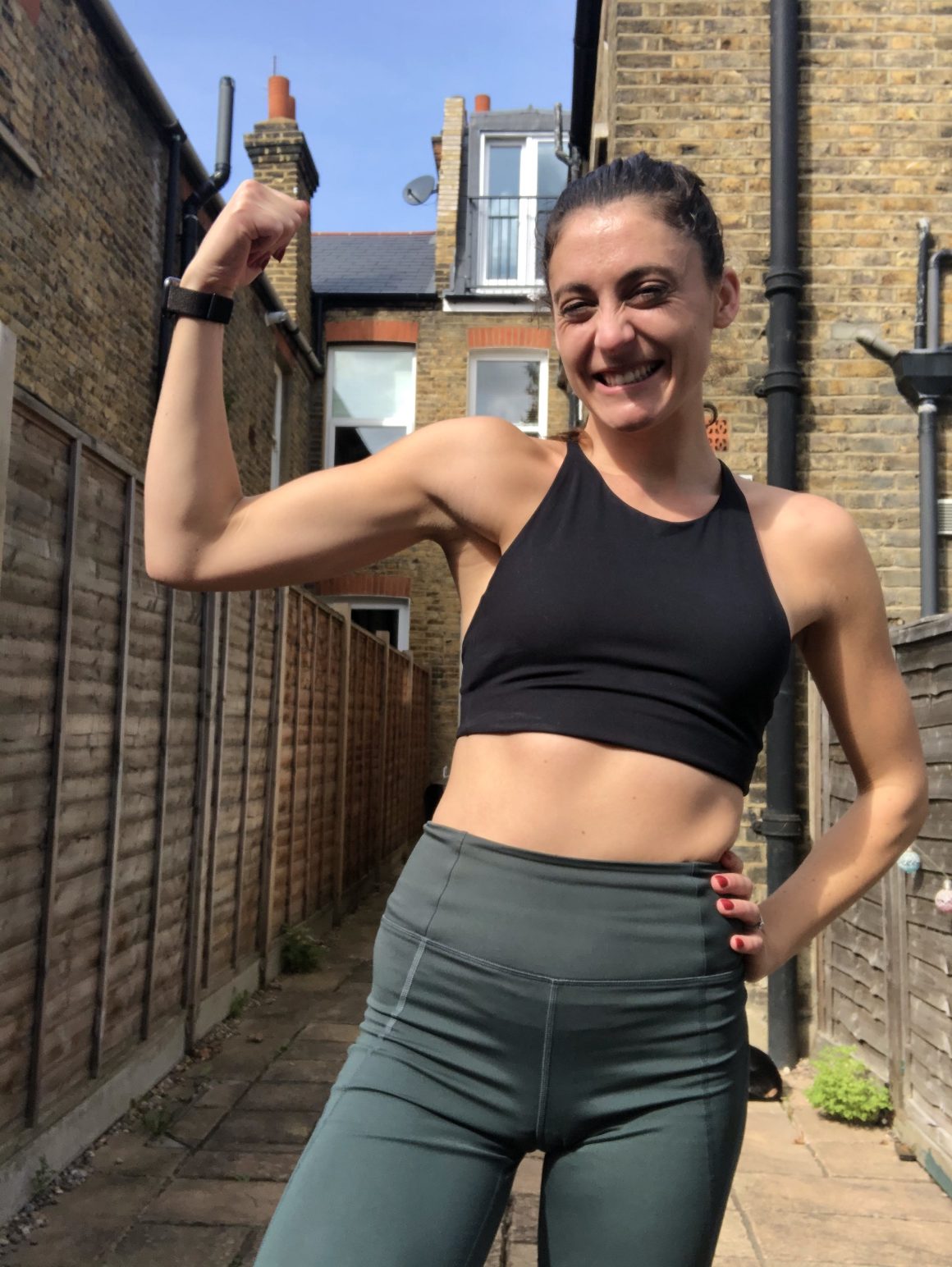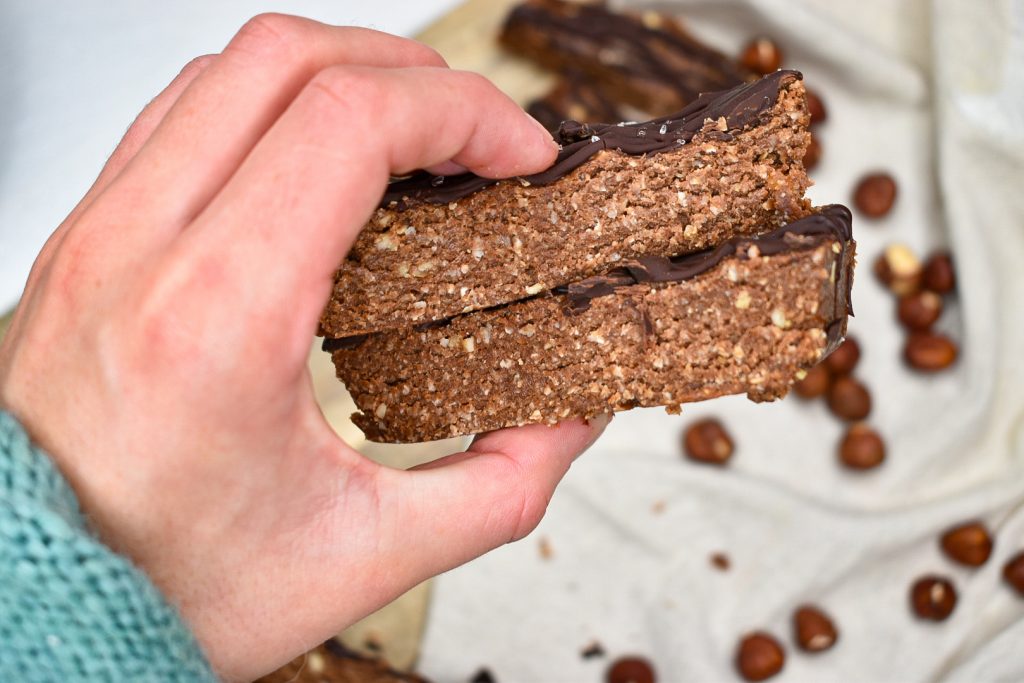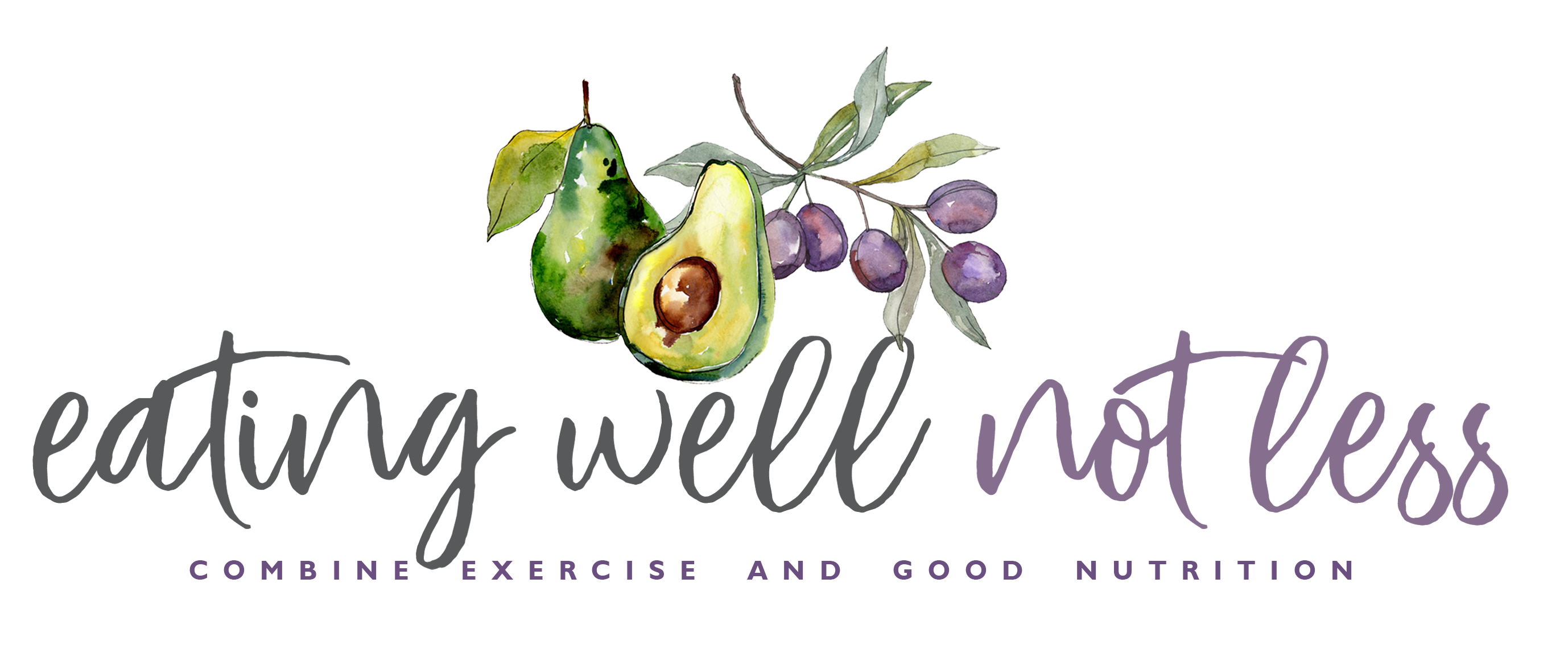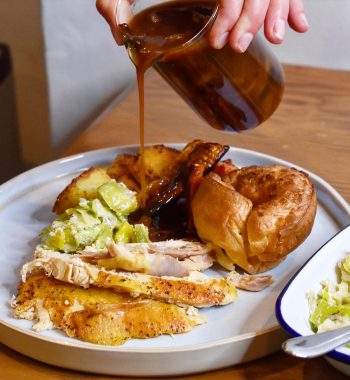
Let’s talk about: Protein Powder
To Protein Shake or Not To Protein Shake?
You do your fancy fitness class; walk into the gold and bronze adorned changing rooms and use all their fancy natural shampoo and conditioners; dry your hair with the snazzy Dyson hairdryer and then you pick up a protein shake (usually blended with a variety of obscure superfood powders – because #health).
Now I’m absolutely not disrespecting this routine in the slightest… it was, pre-lock down, one of my favourite past times. I am, however, going to delve a little deeper into whether or not we do, in fact, need protein powder in our lives, be it in a fancy superfood smoothie or just whacked into the shaker you got for free when you last went to Holland & Barratt.
Let’s break it down…
What Is protein powder?
It is a supplemental powder made from plants (usually pea, rice, hemp and/or soybeans), eggs or milk (casein/whey). Protein powders can often be bulked out with sugars/sweeteners, artificial flavourings, thickeners and sometimes vitamins and minerals for whatever proposed extra health benefits the relevant brand touts.
Why do we use it?
Protein is an extremely important macronutrient. It is key to building, maintaining and repairing body tissues, including muscle.
When taken as a supplement, protein is often marketed to promote muscle building, weight loss, exercise recovery, fat burning, increased metabolism and boosting energy. These purported ‘benefits’ are often the reason why so many of us are habitually adding these powders to our smoothies. In reality, we don’t eat a chicken breast and assume we’ll lose weight do we? Although it’s essentially exactly the same thing.
For some though, the greatest benefit of protein supplements is their sheer convenience. Being able to add a scoop of good quality protein powder to a smoothie is quick and easy, and can therefore be especially convenient for those who have increased protein requirements (e.g. those who exercise a lot), those with dietary restrictions which may limit the protein they consume from foods, and even the elderly (who often don’t consume enough protein due to a reduced appetite).
So, it’s convenient, but is it necessary?
In short, no. Consuming protein in powder form, rather than in wholefoods, yields no particular additional benefits. Whether from a shake or from a chicken breast, it is still protein. As a result, it is pretty rare that someone really NEEDS a protein supplement; a well-balanced diet that meets your energy requirements is usually sufficient. The amount of protein we actually need in our diet varies from person to person based on factors such as age, sex, health and activity level but the accepted UK Reference Nutrient Intake is 0.75g/kg bodyweight/day for adults. If you struggle to meet these needs through diet then a protein powder is handy and harmless – it’s a low effort, high efficiency way of getting protein. But it is by no means necessary.
In this context, contrary to popular claims, it’s also important to point out that consuming too much protein has not been proven to be dangerous in healthy people. We generally excrete excess protein through urine and faeces (it can also be stored as fat). However, as the kidneys play an important role in protein metabolism, those with kidney and/or liver problems should look to avoid excess protein intake.
What to think about and look out for in your protein powder
- The amount of protein per scoop/suggested serving
- Don’t take more than the suggested serving size – it’s probably a total waste!
- Are you paying for the brand but not the quality?
- Read the ingredients list and try to avoid too many preservatives and additives
- Most protein powders are unlikely to be suitable as a meal replacement as they rarely include all the necessary vitamins and minerals that a healthy, balanced meal would
- Protein powders are classed as dietary supplements therefore are not regulated in the same way as food or medicine
I don’t want to use protein powder, so what shall I eat?
Contrary to popular gym-goer belief, there’s little to gain from a big protein hit immediately after exercise. If you can manage it in your routine, it works just as well to space out your protein intake throughout the day in the form of high protein snacks and meals. If you’re not a meat eater then you can still get enough protein from plant-based sources, but it is important to note that they may contain less protein per portion so you may need to include a variety of different plant-based protein sources in your protein-rich snacks/meals (e.g. chia seeds, hemp seeds and peanut butter in a smoothie).
My personal favourites:
- Chicken breast
- Tin of tuna
- Eggs
- Nuts & seeds
- Good quality nut butters
- Beans, pulses, legumes
- Quinoa
- Whole milk
- Greek yoghurt
- Tofu
I’ve found a protein powder I love, do you have any recipes encorporating protein powder?
I sure do!

Click here for homemade vegan protein bars http://eatingwellnotless.co.uk/2020/09/30/homemade-protein-bars-ve/
Bartels, C. & Miller, S., 2003. Dietary Supplements Marketed for Weight Loss. Nutrition in Clinical Practice, 18(2), pp.156-169.
Emily Gelsomin, L., 2020. The Scoop On Protein Powder – Harvard Health Blog. [online] Harvard Health Blog. Available at: <https://www.health.harvard.edu/blog/the-scoop-on-protein-powder-2020030918986> [Accessed 6 September 2020].
Harvard Health Publishing 2020. The Hidden Dangers Of Protein Powders – Harvard Health. [online] Harvard Health. Available at: <https://www.health.harvard.edu/staying-healthy/the-hidden-dangers-of-protein-powders> [Accessed 6 September 2020].
Public Health England. (2011) ‘Dietary reference values for energy’, Scientific Advisory Committee on Nutrition. Pp1-183
Samal, J. & Samal, I., 2017. Protein Supplements: Pros and Cons. Journal of Dietary Supplements, 15(3), pp.365-371.





